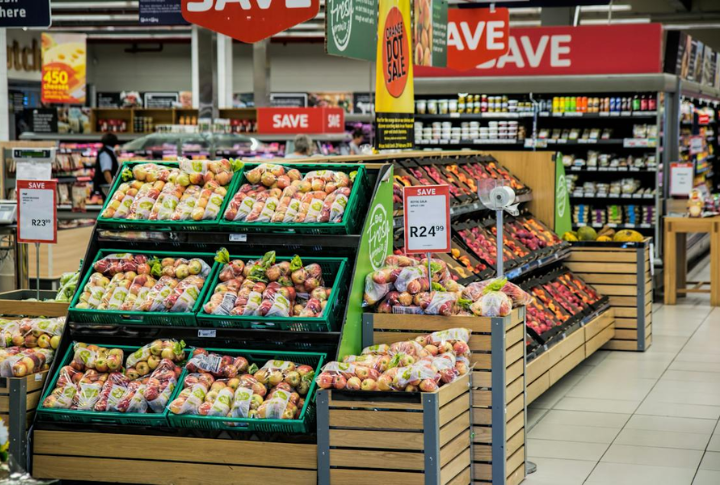
Budgeting is vital to financial management, allowing individuals to allocate their income effectively and plan for future expenses. However, due to various economic constraints and circumstances, cash allocation can be exceptionally challenging for those not in the upper class. Understanding these obstacles is essential for developing strategies to help individuals on the lower side achieve monetary stability. Below, we will discuss fifteen of them.
Limited Wage

It’s common for those at this level to have worse-paying jobs or be underemployed—work fewer hours than they would love or are capable of working. With a limited earning, there are restrictions on what one can do. Budgeting thrives on having much, but without sufficiency, it is replaced by the constant battle of making ends meet.
Unpredictable Income

Countless low-grade jobs, including some in the gig economy or specific service industries, offer irregular hours or fluctuating pay. This variability makes it difficult to predict how much will come in each month, and life becomes more about managing immediate needs rather than planning for the future.
Debt

Poor individuals will likely owe plenty of money, including credit card debt, medical bills, and student loans. Managing payments can be tricky. Debt can make it harder to save or budget effectively, as a significant portion of earnings may already be allocated to repayment.
Not Enough Access to Financial Services

Many lower-class persons may not enjoy several banking services, including checking and savings accounts, or may rely on alternatives that can be more costly, like check-cashing or payday loans. In the absence of affordable banking services, managing becomes hard.
Lack of Financial Education

Literacy in finance is non-negotiable for effective management, yet many financially strained people may not have access to education resources on finance. They need to understand basic concepts like budgeting and investing. Struggling to make informed decisions, they’ll suffer cash instability.
Emergency Expenses

There is often a safety net among the broke, making them vulnerable to unexpected costs, from medical emergencies to car repairs and home maintenance. If money is not saved to cover these costs, one may resort to high-interest loans or credit cards, worsening their challenges.
Limited Savings

Due to their low wages and crazy living expenditures, saving is a big struggle for them. Without saving money, they cannot handle emergencies, which can ruin any chances of proper budgeting and even block them from taking advantage of opportunities for advancement.
Pressure to Provide

In the poor world, people are pressured to provide for their families or contribute to household spending. Helping others can lead to putting off saving or setting cash aside, as immediate feeding and health needs take precedence over long-term preparation.
No Cheap Healthcare

Healthcare prices can drain the pockets of those who earn little, and many need more adequate insurance coverage. When one can’t enjoy inexpensive healthcare, one may struggle to pay medical fees, further straining their finances.
No Cheap Housing

Healthcare prices can drain the pockets of those who earn little, and many need more adequate insurance coverage. When one can’t enjoy inexpensive healthcare, one may struggle to pay medical fees, further straining their finances.
No Low-cost Healthy Food

Broke people may live in food deserts, where access to affordable, healthy meals has limits. As a result, they will either rely on fast or processed foods, which can be cheaper but less healthy, or bear the cost of maintaining a nutritious diet, which can strain their budget.
Transportation Costs

Transportation charges are a significant burden on low-salary households. They often spend a better share of their income on getting around than the wealthier because they may miss out on reliable public transportation and rely on expensive car ownership.
Heavy Living Expenses

The cost of living continues to rise, particularly in housing, health, and education. With salaries unchanging, these spendings consume a larger portion of salary, leaving little room for savings or discretionary spending. High prices on basic needs make it difficult to plan effectively.
No Social Safety Nets

The unavailability of benefits like meal assistance programs and housing subsidies also affects effective planning. No reliable safety net during economic hardship, so persons may be forced to prioritize immediate requirements over long-term planning.
No Discounts

An allotment is more challenging for low-salary earners without loyalty programs, coupons, or bulk purchasing. Discounts can significantly reduce the price of essential items, but accessing them requires resources they may not have. Thus, they may pay the total amount, reducing their ability to stretch their budget and save funds.

Comments
Loading…